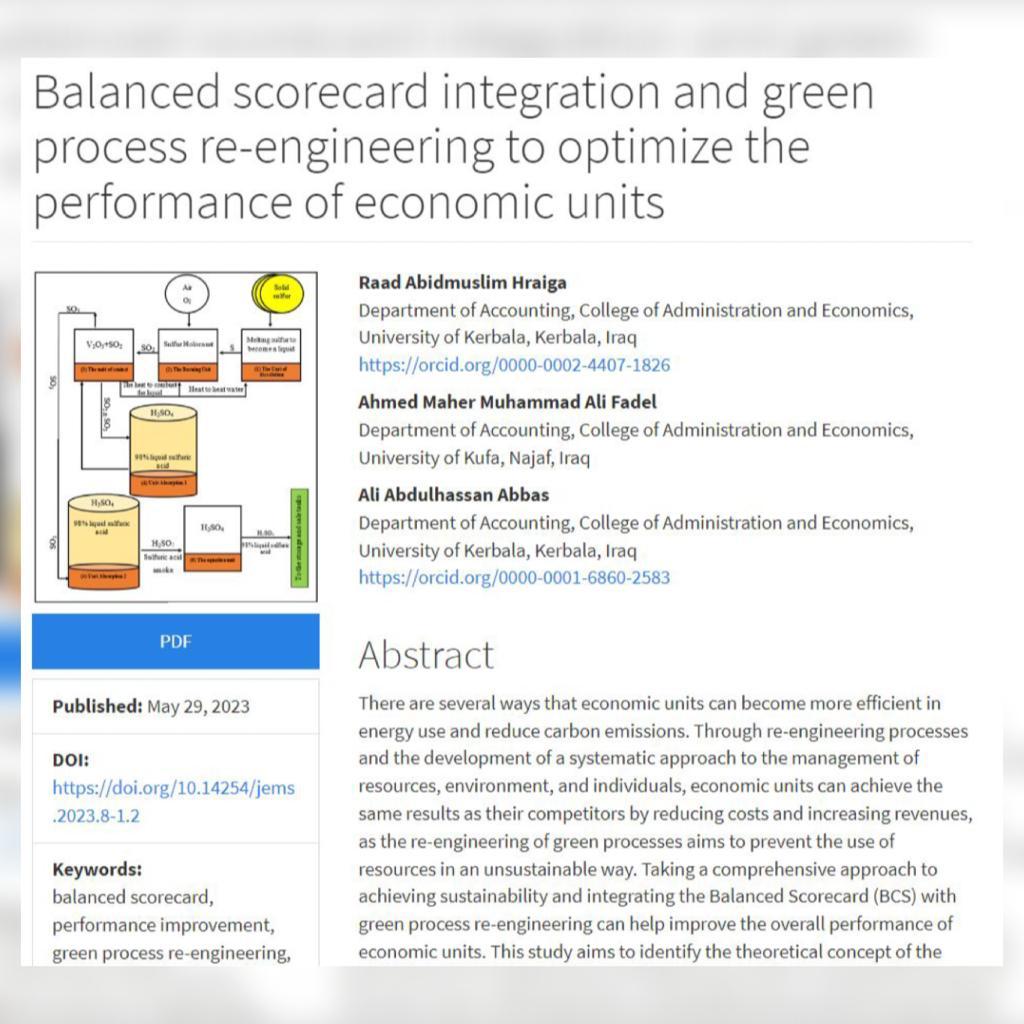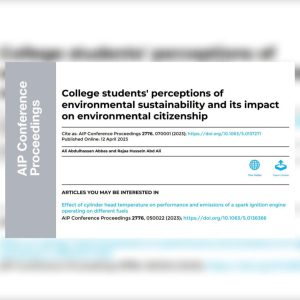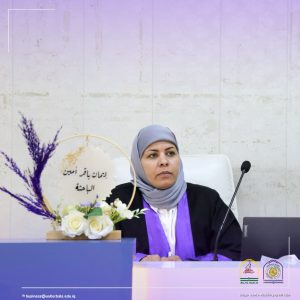A lecturer from Collage of Administration and Economics /Kerbala University have published a scientific study Balanced scorecard integration and green process reengineering to optimize the performance of economic units
in Journal Economics, Management and Sustainability /Ukraine
Balanced scorecard integration and green process reengineering to optimize the performance of economic units
Raad Abidmuslim Hraiga *, Ahmed Maher Muhammad Ali Fadel **, Ali Abdulhassan Abbas
* Department of Accounting, College of Administration and Economics, University of Kerbala,
Kerbala, Iraq
Maxraad7@gmail.com; Fuhrer313@gmail.com ; ali.abd.alhassan@uokerbala.edu.iq
** Department of Accounting, College of Administration and Economics, University of Kufa,
Najaf, Iraq
ahmedm.fadhil@uokufa.edu.iq
Abstract: There are several ways that economic units can become more efficient in energy use and reduce carbon emissions. Through re-engineering processes and the development of a systematic approach to the management of resources, environment, and individuals, economic units can achieve the same results as their competitors by reducing costs and increasing revenues, as the reengineering of green processes aims to prevent the use of resources in an unsustainable way. Taking a comprehensive approach to achieving sustainability and integrating the Balanced Scorecard (BCS) with green process re-engineering can help improve the overall performance of economic units. This study aims to identify the theoretical concept of the balanced scorecard and re-engineering green processes. Improving the performance of the plant research sample through integration between the balanced scorecard ling technology and the process re-engineering technology. The study relied on the main hypothesis that the application of the steps of integration of the balanced scorecard technology and the re-engineering of green processes has a role in improving the performance of the factory sample of the study. The study reaches several conclusions, the most important of which is that the application of integration steps contributes to improving the overall performance of the factory sample of the research from 63% to 75% and that there is a low, uneven, and significant imbalance of performance according to the balanced scorecard perspectives, where the performance of the financial perspective 83%, and the environmental and community perspective by performance 33%.
Keywords: balanced scorecard, performance improvement, green process re-engineering































































